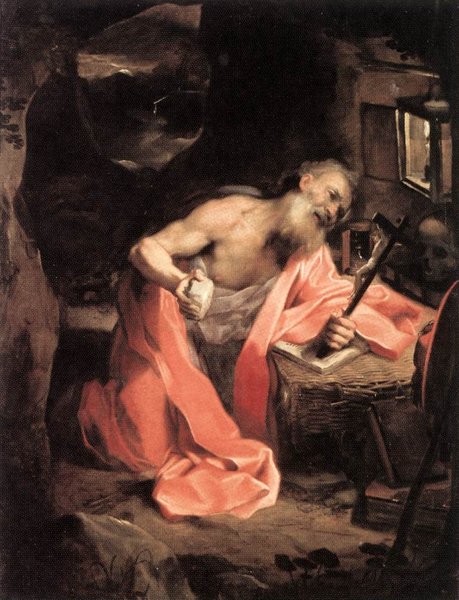Book abstract:
This book analyses the development of the norms of protecting cultural heritage from a postcolonial perspective. In contrast to the traditional historiography of ‘culture’ in international law, it reveals how the highly problematic and Eurocentric ‘standard of civilisation’ in the 19th and 20th centuries served as a driving force for the formation of cultural heritage protection norms. Various actors used the law in different ways to take part in this discourse on ‘civilisation’. The aim of this book is to lay down a new narrative on the history of the protection of world cultural heritage. It endeavours to replace the inherent politics of the dominant narrative on progress with a critical genealogy which reveals the long-lasting hegemonic structures of today’s international law. Sebastian M. Spitra is a research fellow at the Department of Legal and Constitutional History at the University of Vienna and a Grotius fellow at the University of Michigan Law School.
Read the book in open access: DOI 10.5771/9783845295145.














